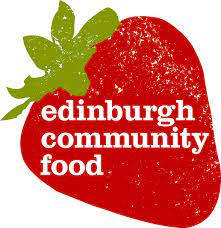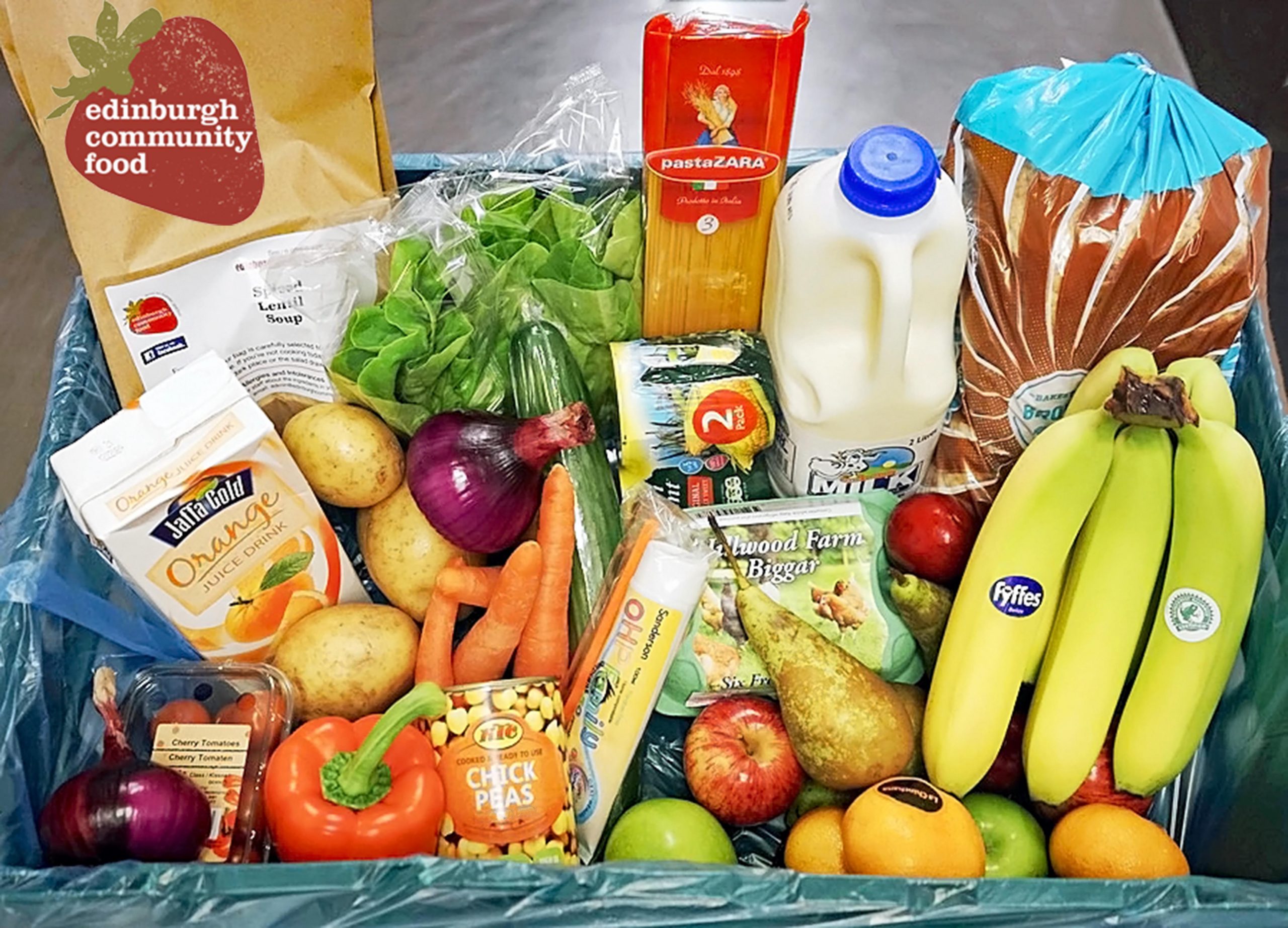
Brenda Black,Chief Executive,Edinburgh Community Food
Over the Summer, I saw a news report about Anita Alvarez, a swimmer who injured herself during World Championships after she struck the bottom of the pool and lost consciousness. Her coach realised something was wrong within seconds and dived in, saving Anita’s life, and preventing serious disability. It struck me that, in life, we all need that ‘coach’: someone who spots when we’re in trouble, when we’re sinking but unable to help ourselves - and pulls us out of the water before we drown.
During COVID, many charities in Edinburgh refocused on food provision and worked together to help people in need. Post-COVID, Edinburgh Council saw the value brought by this loose conglomerate of organisations and, in recognition of the power demonstrated through this collaboration and partnership, commissioned a steering group to develop the means to end hunger in Edinburgh.
‘Menu For All’ will combine food and support access aims to give Edinburgh the scalable capacity to respond to need, build and coordinate capacity across the city, and provide accessible and reliable services of support to those most in need in times of crisis. At the same time, there is a requirement to value and invest in groups providing food assistance, to engage and connect them to strengthen services, so they are ready to stand up and be integral parts of the City’s response.
Frontline teams of staff and volunteers face daily dilemmas presented by people whose basic income does not meet the need for life’s essentials, be they food, heating, rent, toiletries, and clothing. We face a winter where these teams will struggle to cope with rising demand against a backdrop of shrinking food and financial donations. Furthermore, a food and support system that depends solely on charitable contributions is no longer an acceptable - nor practical and sustainable - option in a fair and just society.
The Scottish Government is unique in the UK in its aim to end the use of food banks by moving to a ‘Cash-First’ approach rather than relying on surplus food systems, which are often nutritionally compromised, do not reflect cultural and personal values, remove choice, and are unsustainable in the long run. The Cash-First strategy aims to stop reliance on food banks by addressing the fundamental issue of poverty: by taking a human-rights approach to tackling inequality and poverty, giving people the means to purchase their own food, we return their dignity and choice, and grow a better, fairer society.
Actions, such as accelerating the implementation of a ‘Minimum Income Guarantee’ in Scotland will move us towards meeting our ‘Good Food Nation’ requirements by Autumn 2024.
The pioneering ‘Scottish Child Payment’ has already had a positive impact (77% uptake by June 21) and, following research by Save the Children, there are now calls to increase payments from £25 to £40/week. In addition, ‘Best Start Foods is a prepaid card that can be used in shops and online to buy healthy foods for children under three. Uptake has been improving (from 70% to 88% over the last few years), due mainly to media campaign ‘five family payment’ requiring one application to access. It is important to note that those accessing ‘Best Start’ for a second child were able to get it much more quickly than those applying for the first time: this suggests that vulnerable families likely encounter significant barriers when navigating the application process for the first time, possibly even leading them to give up altogether.
Providing effective food and financial support through ‘Menu for All’ requires a dignified approach, actively involving those with ‘lived experience’ at every step of the process. A focus on quality assurance within our food system underpins important legal, nutritional, safety and health benefits at every stage of life. And, to increase uptake of services and payments, we must decrease complexity and make it easy for the people that need help to find out about it and then access it when they need it.
Looking back at Anita Alvarez, she was in peak fitness when an unforeseen event occurred. Recognising and understanding her needs the coach reacted fast and took a deep dive to save her. The rapidity of response saved her life and aided her speed of recovery. The risk of crisis or re-occurring setbacks is becoming an all too common reality for our most vulnerable citizens ‘Menu for All’, group will need to take a deep dive into current systems to create a ‘coaching’ network to join food and support access to reach people.
We refuse to let people drown, when reaching safety is within our grasp.
Reading
Anita Alvarez NY Times Article
Coordinating the city’s response to COVID-19
Cash-First - towards ending the need for food banks in Scotland
Scottish Child Payment: Interim Evaluation
Save the Children: Tackling Child Poverty and Destitution report


Enter your email address to receive regular e-updates about our work. If at any time you want to stop receiving these, simply contact us. We’ll keep your details safe and won’t share them with any other organisations for their marketing purposes. For full details see our Privacy Policy.